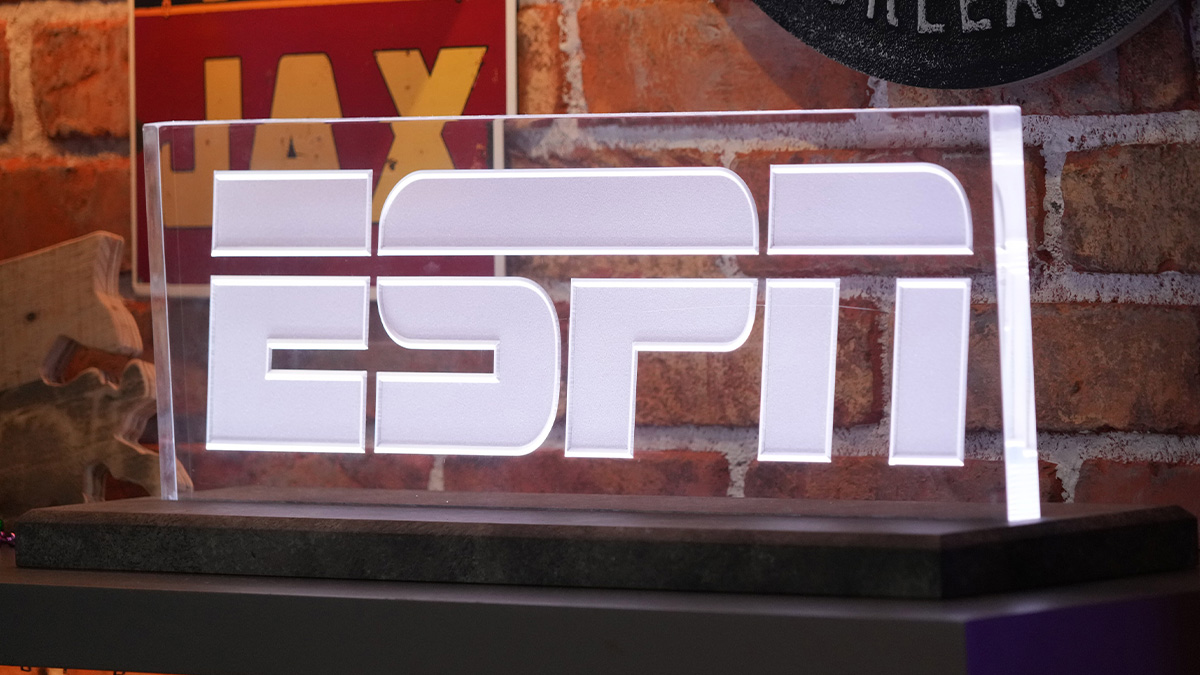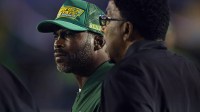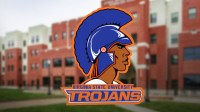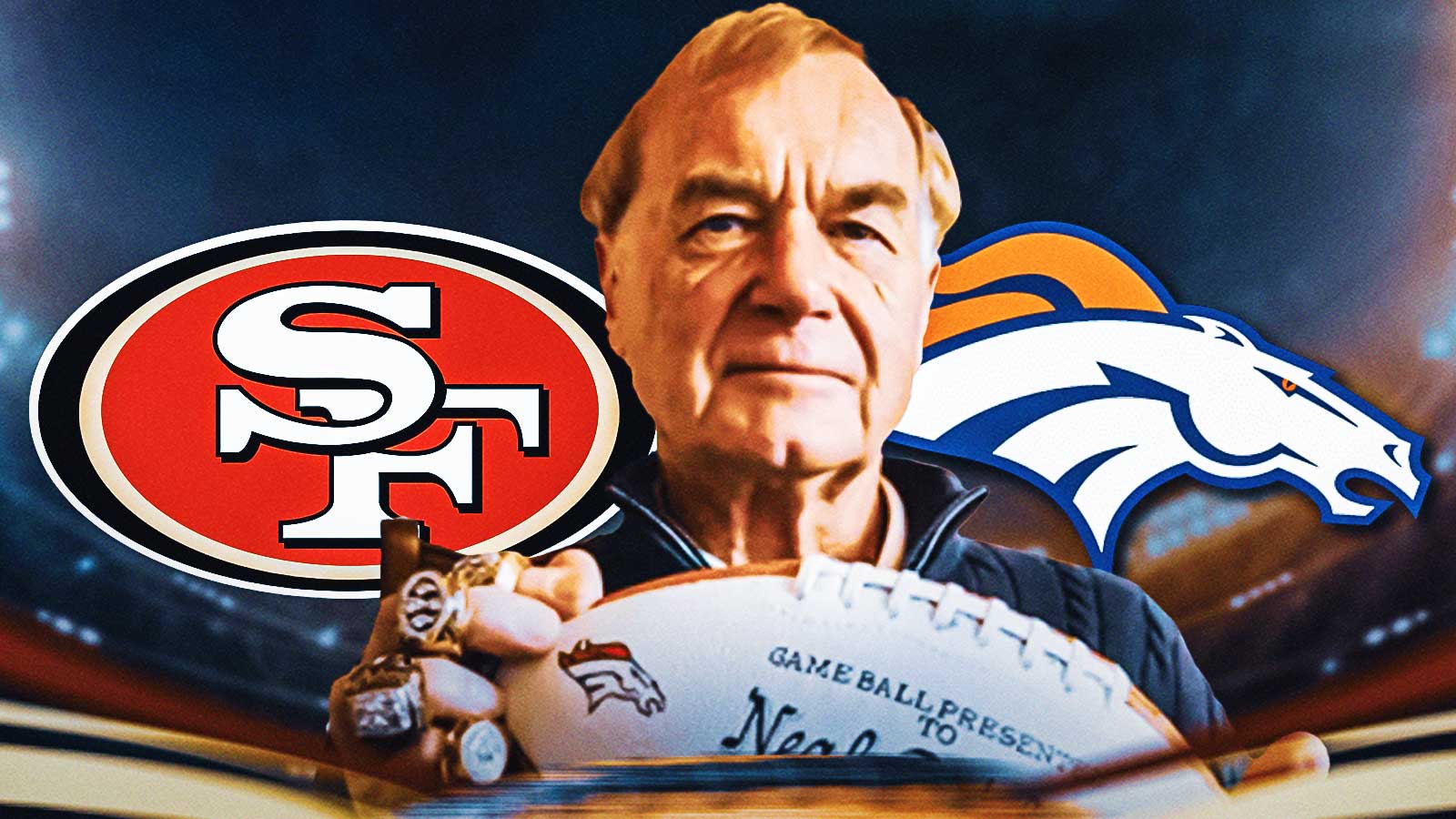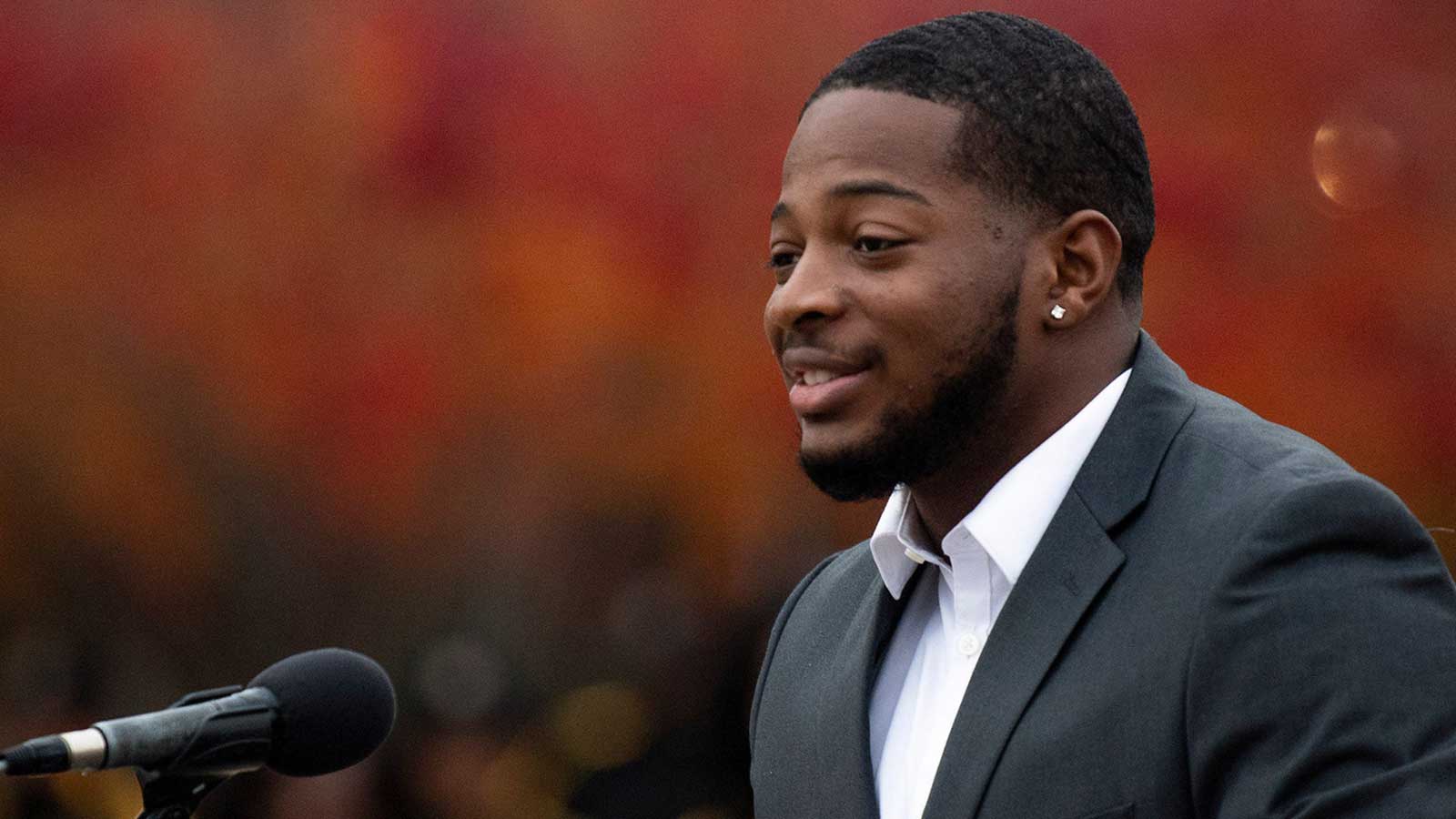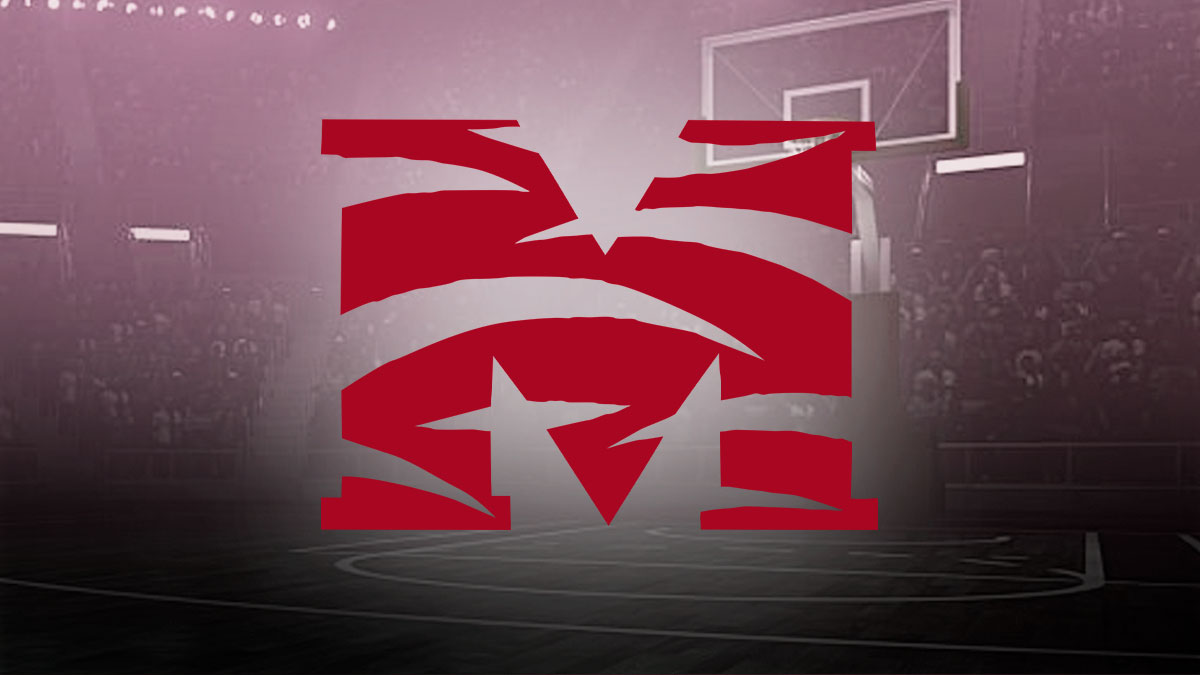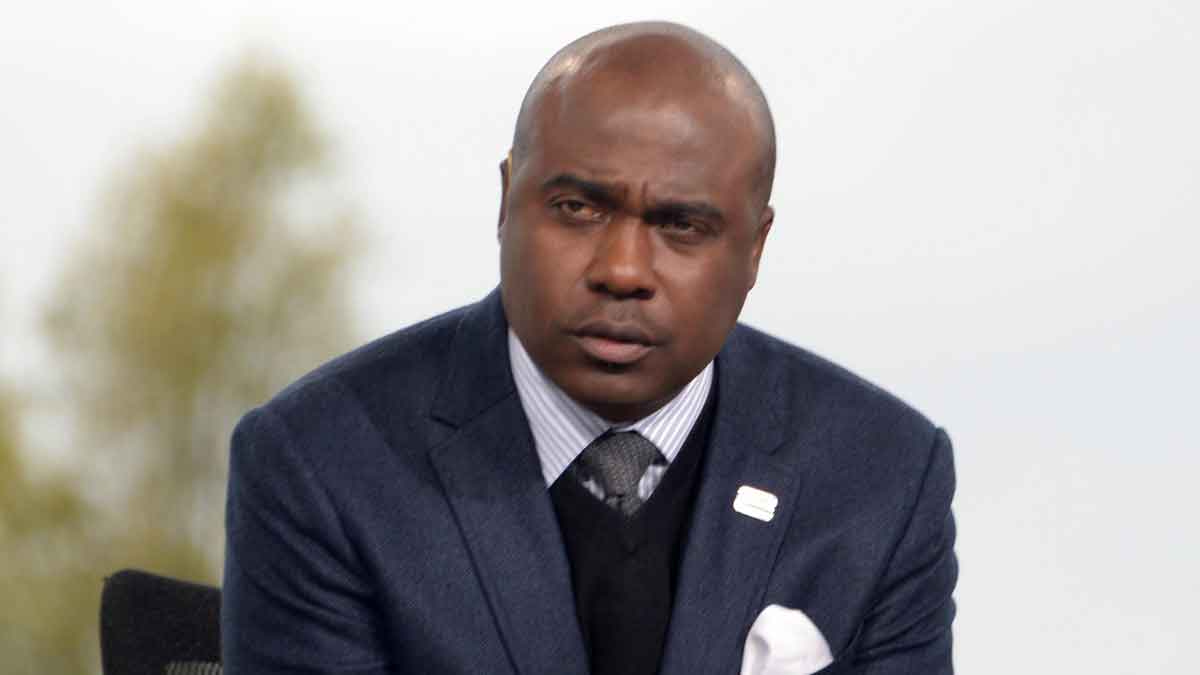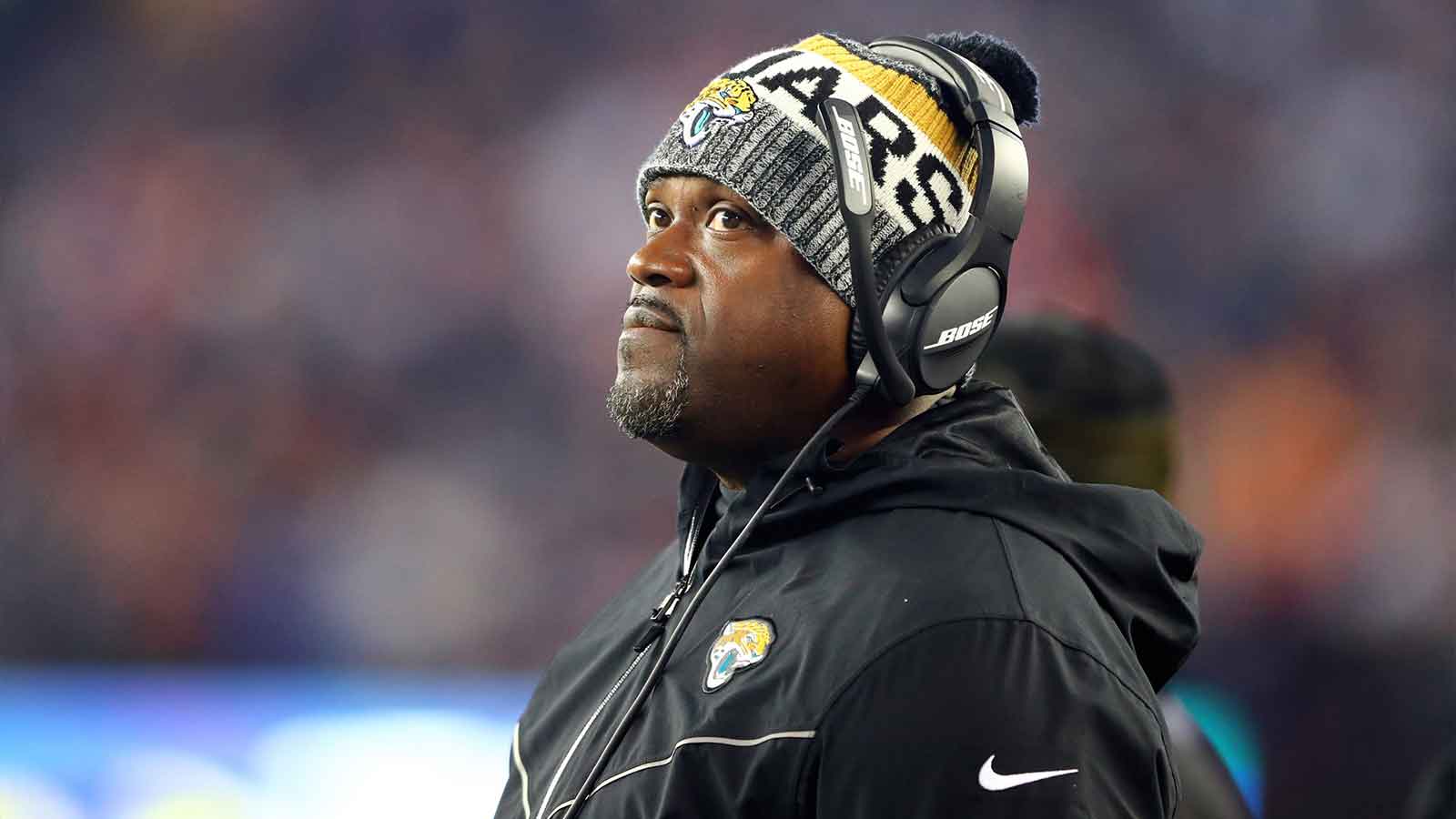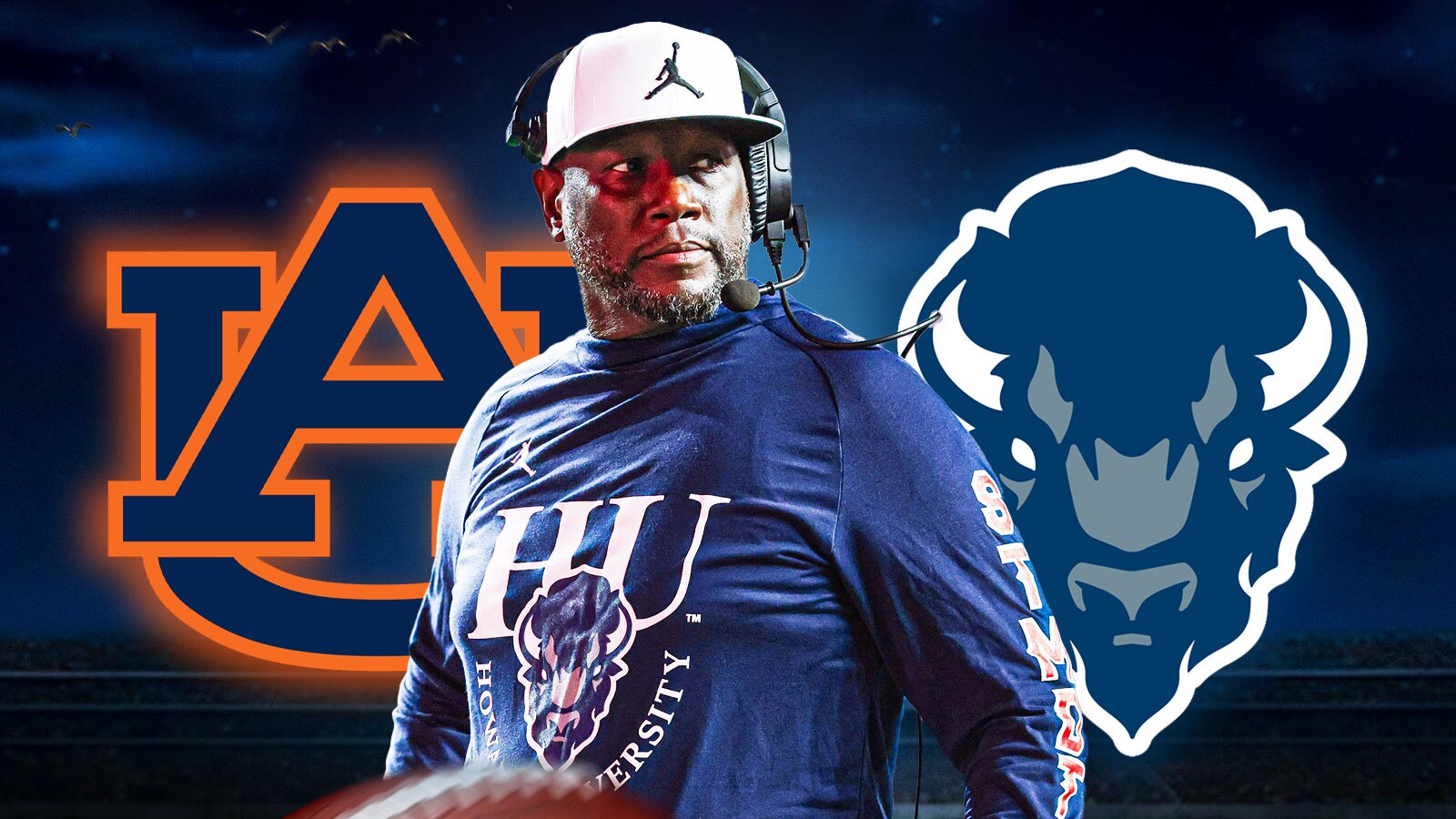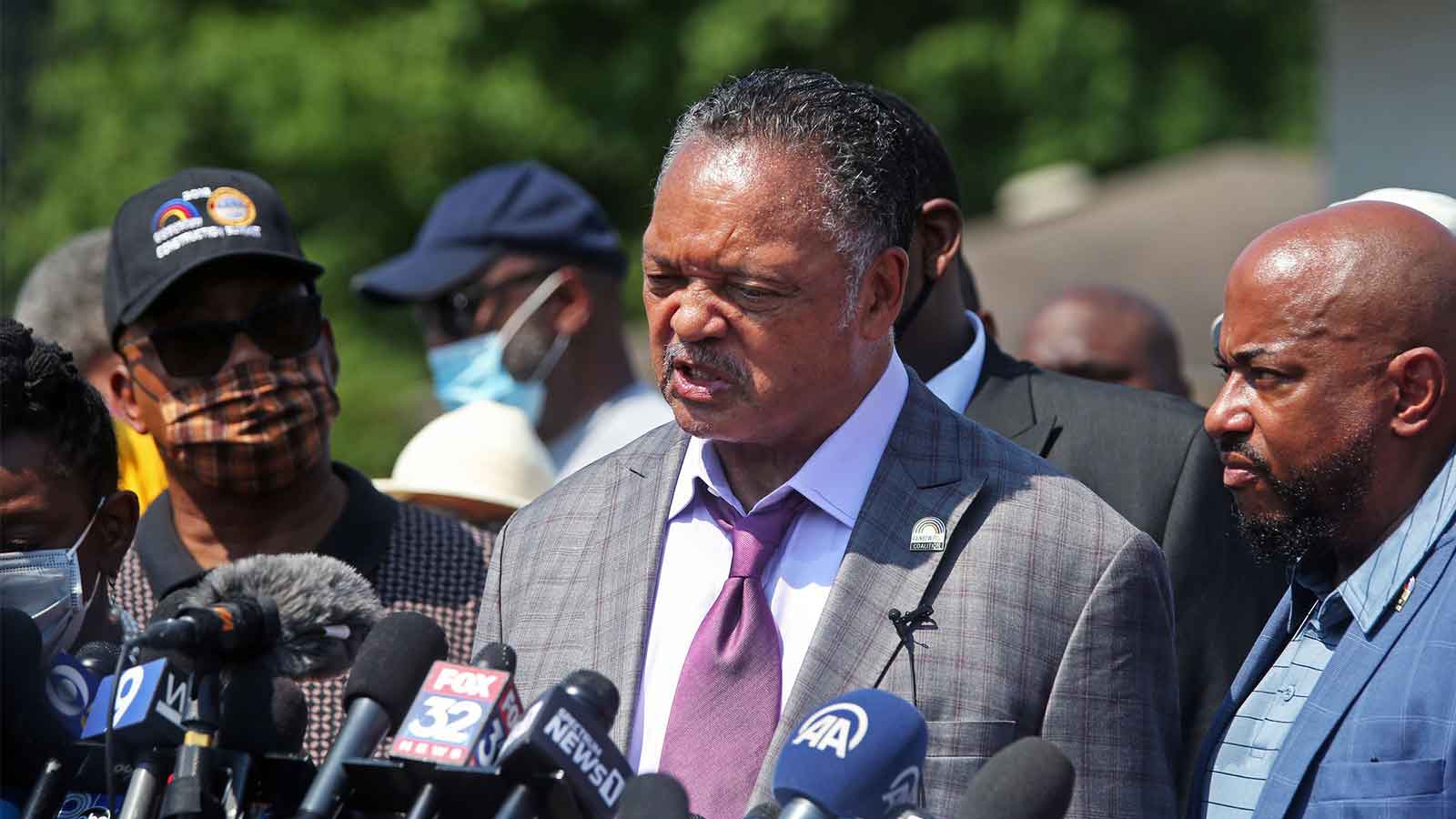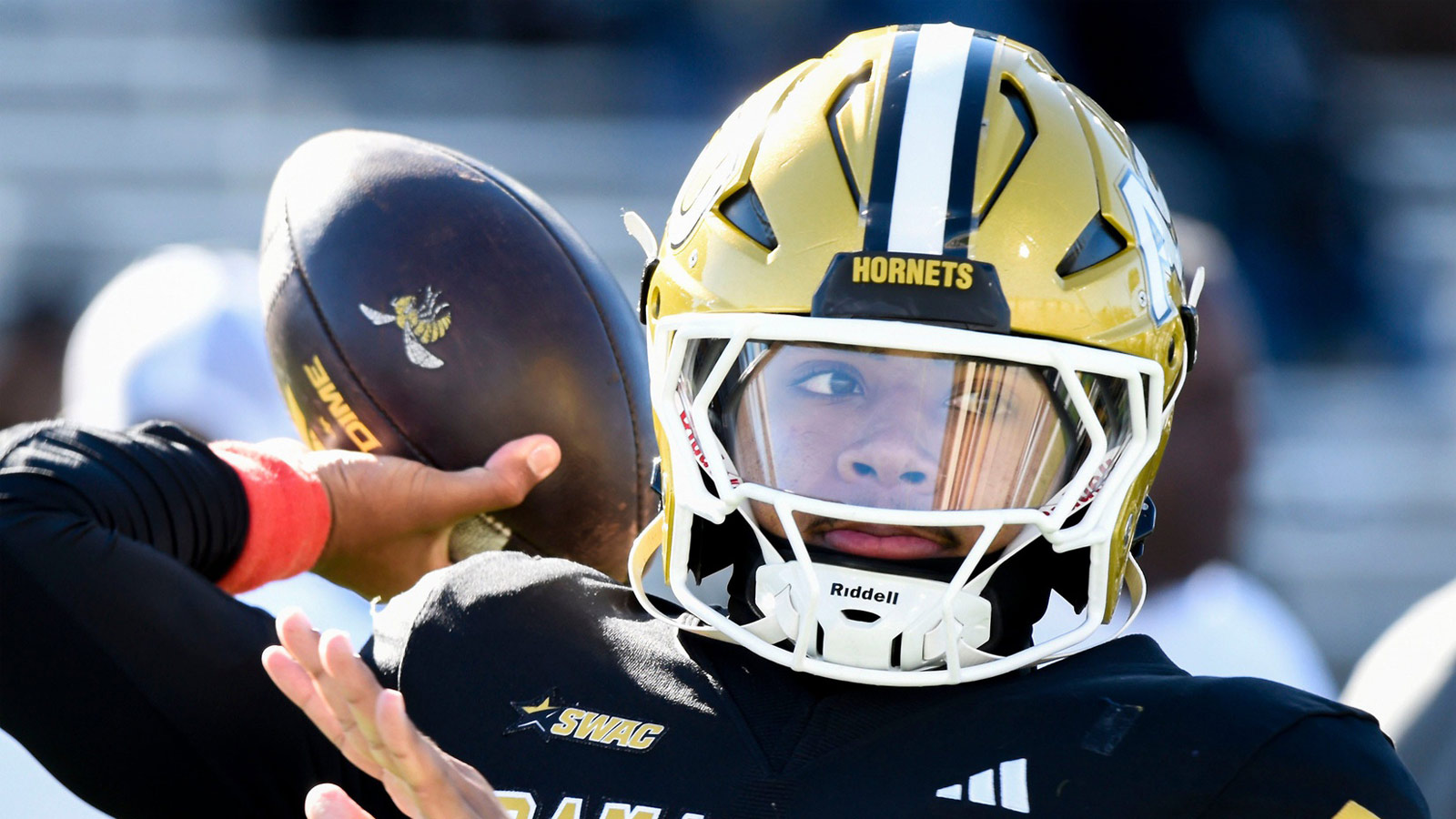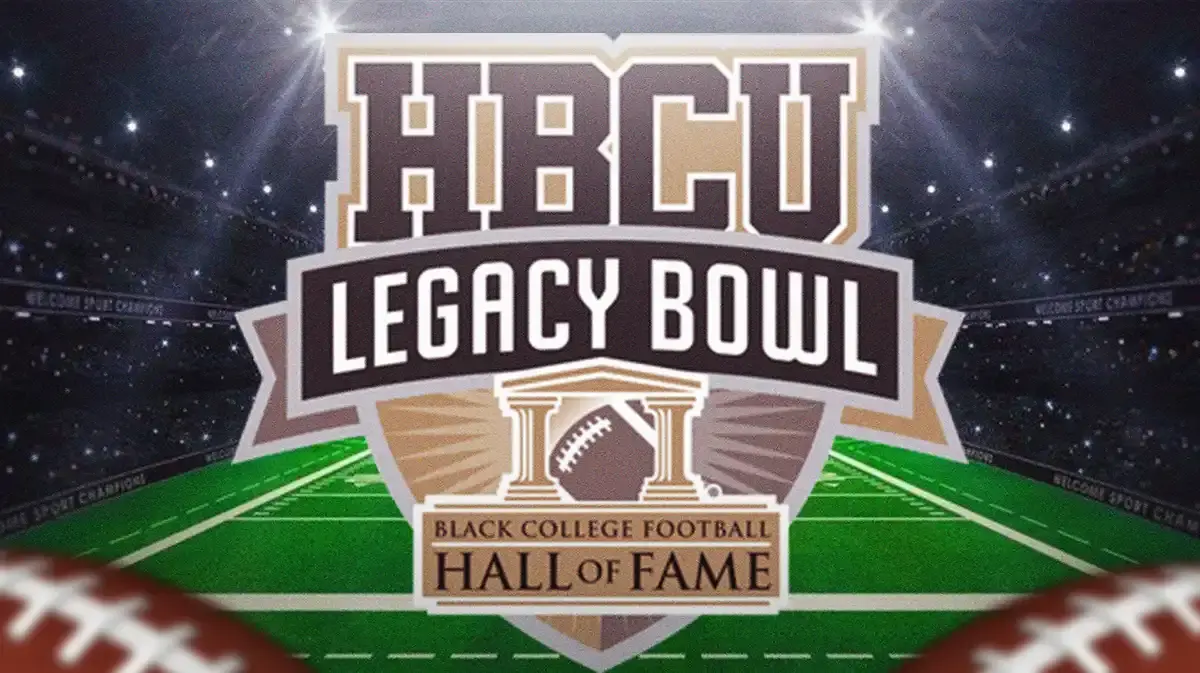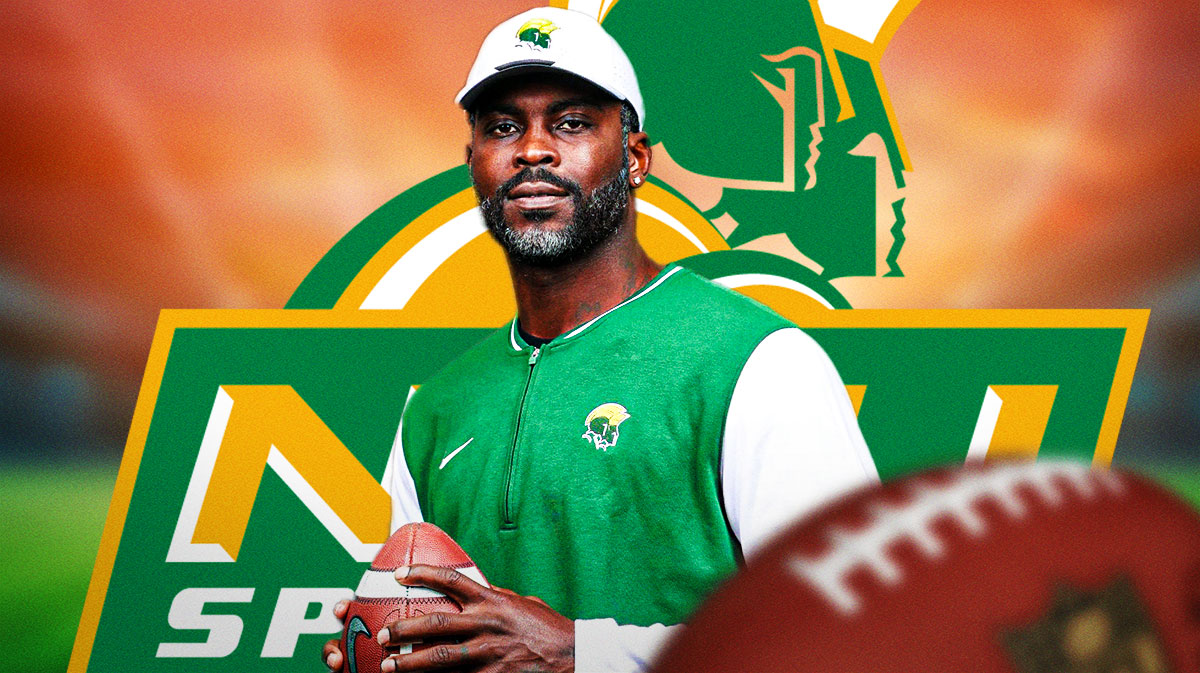As media day season for HBCU Football approached, I was surprised by the SWAC's initial list of games slated for broadcast on ESPN platforms. While the MEAC/SWAC Challenge and the Celebration Bowl were predictably on the ESPN schedule, I noticed a significant number of other games whose broadcast homes remained undetermined. This was particularly striking because, in previous years, when the ESPN schedule for SWAC and MEAC football games was announced, it typically specified which games would appear on ESPN+, ESPNU, or other affiliated channels.
My observation revealed a notable reduction in the number of SWAC games ESPN was broadcasting compared to previous years. Last year, ESPN boasted 34 SWAC football games across its various platforms; this year, I only saw 14. This stark difference immediately raised questions: What was going on? And why did it seem like something fundamental had shifted in the broadcasting landscape of SWAC football on ESPN?
The answers began to emerge as SWAC Media Day commenced. The conference officially announced the establishment of a new direct-to-consumer (OTT) platform called SWAC TV. Set to launch on August 1st, just before the football season, this platform will become the exclusive streaming service for all 18 conference-sponsored sports. The app will be free to access and available for download on Roku, Amazon Fire TV, Apple TV, Google Play, and Android TV.
HBCU Sports detailed extensive comments from SWAC Commissioner Dr. Charles McClelland about the launch of SWAC TV.
“For the first time in history, our fans and supporters will have a high-quality, technologically advanced streaming platform solely dedicated to broadcasting live events and delivering high-definition on-demand league content,” he said.
In those same comments obtained by HBCU Sports, the commissioner made it clear that SWAC TV is only an addative to the media rights strategy for the conference, reaffirming the relationship with ESPN and HBCU GO.
“HBCUGo, ESPN and the Southwestern Athletic Conference are all on the same page. There are a lot of contractual things to work through, but all three networks are on the same page; we’re looking for a great, long-lasting relationship with all of our television partners.”
His statements signaled a move long requested by supporters and alumni of HBCU football: the establishment of an owned and operated platform to showcase conference games, including an archive featuring HBCU legends and former NFL players who played for these institutions. It appears the SWAC is now forging ahead on this path. SWAC TV is set to broadcast 45 games this year, starting on August 30th and concluding on Thanksgiving Day, with at least one SWAC football game broadcast every week of the regular season.
Witnessing this strategic shift by the SWAC made me question the future of ESPN as a primary rights holder for HBCU Football. While this is just an initial step for the SWAC, and the MEAC will undoubtedly continue to feature several games on ESPN platforms—including anticipated matchups involving new head coaches DeSean Jackson and Michael Vick—the SWAC's decision to launch its own free, ad-supported direct-to-consumer platform, especially given its roster of popular and prominent HBCU athletic brands, suggests a significant turning point. It forces us to consider whether ESPN will continue to be the centralized force in HBCU football broadcasting.
I've long argued that ESPN has been a less-than-stellar media partner for HBCU football in general, and particularly for the SWAC. We can look at former Jackson State coach Deion Sanders' time in the conference and how ESPN handled it. It's the perfect example of ESPN, at the apex of the SWAC's popularity during the past two decades, fumbling the opportunity to properly put the conference on a platform to secure long-term viewership gains and true national prominence.
Even during Deion Sanders's coaching tenure at Jackson State, when the college football world was keenly interested in his success on both the recruiting trail and the field, ESPN's linear channels barely featured Jackson State games. His debut as head coach in February 2021, during the spring football season following the COVID-19 pandemic, was relegated to ESPN+ on a Sunday during Black History Month. Key rival matchups, such as the 2021 and 2022 games against Southern University, were also confined to ESPN+.
Even when College Gameday traveled to Jackson, Mississippi, for a live broadcast before the Jackson State-Southern University game, the game itself remained on ESPN+. It was a baffling decision given the fact that they were willing to showcase the institution itself on a show with the viewership and reach of a College Gameday but didn't see the need to provide that level of access via their television outlets.
ESPN's show coverage offered little improvement in his two and a half seasons with the Tigers. While SWAC football, and specifically Jackson State football under Deion Sanders, received mentions on SportsCenter, First Take, and other sports commentary shows, HBCU football was often mentioned only in passing. Deion Sanders's time at Jackson State was primarily highlighted when he made provocative comments or controversial off-field decisions, rather than providing substantive coverage of the team, its key contributors, the games themselves, or even the formidable in-conference opponents.
The coverage of the Jackson State-Southern game, for instance, was limited to a one-sided focus on Jackson State, rarely acknowledging the talent on Southern University's roster. How can anticipation be built for a game, beyond the coach's celebrity, if the network fails to tell the story of both teams and their potential to be formidable? Then, why should I be bothered to care if the game you're broadcasting from is only available behind a paywall anyway?
This issue extends beyond the Deion Sanders era, as he has since departed HBCU football. Even the MEAC/SWAC Challenge and the Celebration Bowl, both pivotal events for ESPN as a company and among the most viewed FCS broadcasts on television, consistently fail to receive the promotion and push they deserve, despite airing on ABC in recent years. Audiences tune into these two HBCU events largely on their own, without significant marketing from the network hosting them through its event arm.
How can HBCU football grow its level of support beyond the alumni of these institutions without a primary media rights partner that actively uses its platform to uplift the sport? Even when there's no excuse, such as Deion Sanders's presence in the SWAC or the Celebration Bowl and MEAC/SWAC Challenge being company tentpoles, ESPN has largely refused to actively market HBCU football and present it as something worth discussing and watching.
How can college sports fans learn more about HBCU conferences if the primary rights holder of HBCU football games pays these games, teams, players, and coaches minimal attention, essentially using the games as an additive to increase the perceived value of an ESPN+ subscription? It's preposterous and HBCU fans and supporters have the right to call it out and demand better from both ESPN and the conferences willing to dance with a media partner that is putting forth bare-minimum effort.
This is why I am genuinely excited for SWAC TV. I believe it's a significant step in the right direction for both the SWAC and HBCU football as a whole. While I do have questions about whether the games will initially be broadcast solely on smart TV platforms or if a dedicated mobile app will accompany it (which I believe is crucial for SWAC TV's widespread success), this development signals that HBCU athletic programs can, and should, become less dependent on ESPN.
It's time to diversify media rights. HBCU conferences should engage with other media providers and explore the true value of HBCU media rights on the open market. They must continue to build and create their own platforms, like SWAC TV and the CIAA Sports Network. This means investing real money behind the broadcasting of these games and working to create comprehensive archives of historical games from the 80s, 90s, 2000s, and 2010s, alongside recent seasons, all accessible to fans.
I believe these platforms should avoid a subscription model and opt instead for an ad-supported approach, allowing as many fans, supporters, alumni, and viewers as possible to watch and further grow the base of HBCU athletics, which in turn promotes the institutions themselves. I eagerly anticipate what SWAC TV will bring to the landscape of HBCU broadcasting. But more importantly, I wonder if it is a definitive signal that the dominance ESPN has held over HBCU sports broadcasting for the past 20 years is finally reaching its conclusion.

